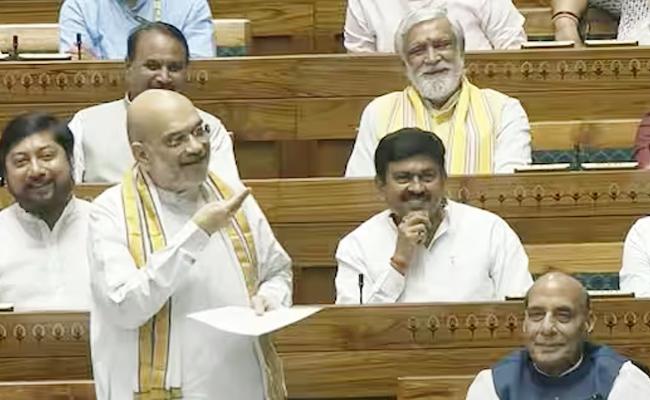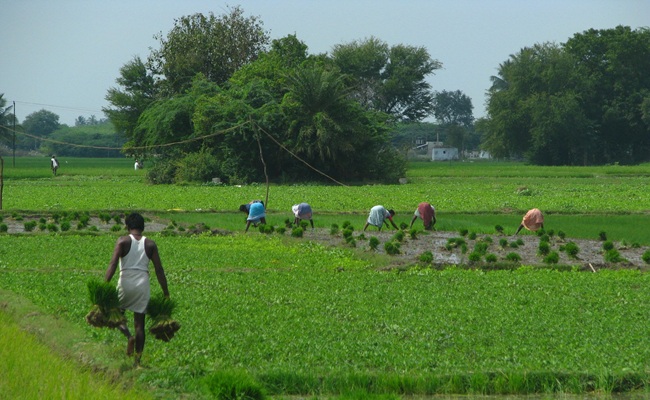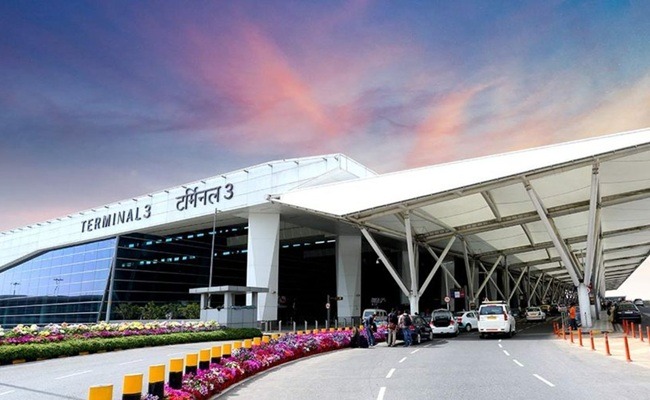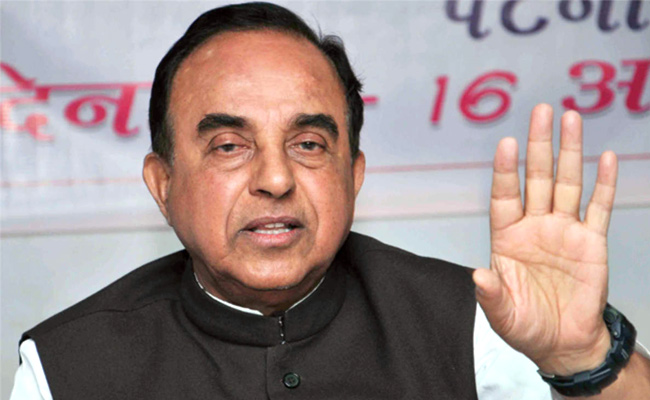
The women's reservation bill sailed through the Lok Sabha on Wednesday night - 454 MPs voted in favour and two against - after hours of ferocious attack-counterattack between the government and the Opposition.
The bill will now be presented in the Rajya Sabha, 13 years after the Congress-led UPA government tabled its version of the proposed legislation. The bill is widely expected to clear this second and hurdle too, with the BJP confident of support from select opposition parties.
Home Minister Amit Shah told the Lok Sabha, "After elections (next year), soon census and delimitation exercise will take place. After this, there will be 1/3 women in this house."
However, as opposition MPs pointed out, 33 per cent reservation for women in the Lok Sabha and state legislatures will not actually become a reality after the bill becomes law.
When This Be Implemented?
The answer - almost certainly not before 2029. And, if political commentators like Swaraj India chief Yogendra Yadav are to be believed, "it may not happen till 2039".
Amit Shah Said On Census, Delimitation
Mr Shah shouted down the Opposition in his speech, declaring that a delimitation exercise was the only "transparent" way to decide which of the Lok Sabha's 543 seat were to be reserved for women.
Census data, he added, is the "bedrock" on which such decisions should be made.
The next delimitation, per Article 82 of the Constitution, is after the first census post-2026. The next census is in 2031; one was to take place in 2021 but the Covid pandemic prevented those plans, and it is now expected to be started after the 2024 election.
Therefore, if the census cannot take place before 2027 and the delimitation must take place after (and the women's reservation bill must wait on both), quotas mandating 33 per cent of India's MPs be women will not happen after next year's election, something the Opposition leaders, including the Congress's Rahul Gandhi and the DMK's Kanimozhi, have demanded.
What Does The Woman's Bill Say?
The six-page bill says a third of seats in Lok Sabha and state Assemblies will be reserved for women and filled by direct election. This quota will not apply to the Rajya Sabha or state legislative councils.
Within the quota, a third of the seats will be for Scheduled Castes and Scheduled Tribes.
The bill does not include reservation for OBCs as such a provision does not exist for the legislature. This is the demand over which the Samajwadi Party and Rashtriya Janata Dal opposed the bill earlier, and over which the opposition did again today.
The reservations guaranteed by the bill will be in force for 15 years after it becomes law, but its term can be extended. Importantly, the reserved seats will be rotated after each delimitation exercise.













